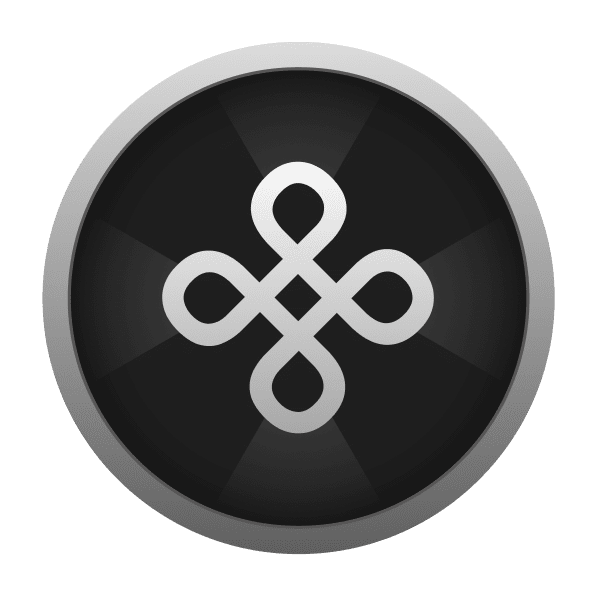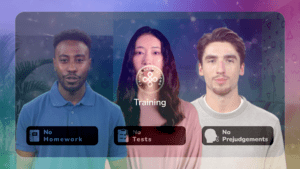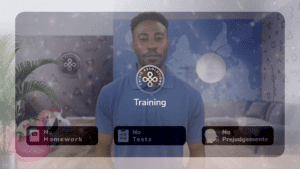How to use different types of thinking skills (such as analytical, critical, creative and emotional) that can help us understand complex issues and generate innovative ideas.
Narrative
Welcome to Crisis Resolutions, a podcast where we explore how to deal with challenging situations through the practice of good ways and without prejudgements. I’m your host, and today we’re going to talk about flexibility of intelligence – how to use different types of thinking skills that can help us understand complex issues and generate innovative ideas.
What do we mean by flexibility of intelligence? Well, it’s the ability to adapt our thinking style according to the context and the problem we’re facing. It’s not about being smart or having a high IQ. It’s about being able to switch between different modes of thinking, such as analytical, critical, creative, and emotional.
Analytical thinking is the ability to break down a problem into smaller parts, identify patterns and relationships, and use logic and evidence to draw conclusions. Critical thinking is the ability to question assumptions, evaluate arguments, identify biases and inconsistencies, and challenge our own and others’ views. Creative thinking is the ability to generate new ideas, solutions, or perspectives that are original, useful, or valuable. Emotional thinking is the ability to understand our own and others’ feelings, motivations, and values, and use them as a source of information and inspiration.
Why do we need flexibility of intelligence? Because we live in a complex and uncertain world that requires us to deal with different kinds of problems that may not have clear-cut answers or solutions. These problems require us to use different types of thinking skills depending on the situation. Sometimes we need to be analytical and logical; sometimes we need to be critical and skeptical; sometimes we need to be creative and imaginative; sometimes we need to be emotional and empathetic.
So, how can we develop flexibility of intelligence? First, we need to be aware of our preferred thinking style. We all have natural tendencies or preferences for certain types of thinking skills based on our personality, education, or experience. Each style has its strengths and weaknesses. The key is to recognize your own style and how it affects your problem-solving process.
Second, we need to be open-minded. One way to expand our thinking skills is to expose ourselves to different perspectives, opinions, or experiences that challenge our assumptions or beliefs. We can read books or articles that present different viewpoints or arguments than ours, listen to podcasts or watch videos that feature people who have different backgrounds or experiences than ours, talk to people who have different opinions or perspectives than ours, or try new activities or hobbies that stimulate our curiosity or creativity.
Third, we need to be curious. Another way to expand our thinking skills is to ask questions, explore possibilities, and experiment with ideas. We can ask ourselves “what if” questions that encourage us to imagine alternative scenarios or outcomes, ask others “how” questions that invite them to share their insights or experiences, try out new ideas or solutions in small-scale tests or prototypes, or learn from feedback, mistakes, and failures.
Finally, we need to be flexible. A third way to expand our thinking skills is to adapt our style according to the context and the problem we’re facing. We can use analytical thinking when we need to analyze data, identify causes, or evaluate options; use critical thinking when we need to challenge assumptions, detect flaws, or make decisions; use creative thinking when we need to generate ideas, find opportunities, or overcome obstacles; or use emotional thinking when we need to understand feelings, motivate actions, or build relationships.
In conclusion, flexibility of intelligence is something that you can improve over time. By practicing these tips regularly, you can develop your ability to use different types of thinking skills that can help you understand complex issues and generate innovative ideas.
That’s all for today’s episode of Crisis Resolutions. Thank you for listening, and remember: be flexible, be curious, be open-minded, and be well.




